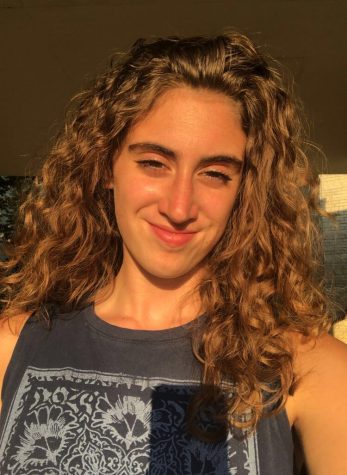Meeting on-campus needs
September 20, 2019
Bods Feeding Bods is an on-campus food pantry located in Kuehne Hall, Room 101, which is open Monday through Saturday from 3 p.m. to 5 p.m. The pantry is open to all Washburn students and staff who have an ID card. Students can utilize the pantry as many times as they want with the promise of no judgment. Bods Feeding Bods plans to expand its outreach, and the specific intake of food that it receives.
“Most people have a difficult time believing there is actually free food on campus available to them,” said Volunteer coordinator for Bods Feeding Bods, Annie Cygan.
Cygan is also still surprised how many students are unaware of the free services that Bods Feeding Bods offers.
“It’s just mind-boggling to them that there’s free food that you get for just being on campus,” said Cygan. “We want to make sure people have what they want instead of like 20,000 cans of green beans, which is what we have.” Currently on Bods Feeding Bods to-do list, it wants to reach out to incoming freshmen in their WU101 classes. Bods Feeding Bods would also like to reach out to Harvesters to improve healthy eating. This is called the Healthy Pantry Project.
Bods Feeding Bods is supervised by the Faculty Advisor, Kristine Hart.
“Sometimes, some people just come at the end of the month because that’s when the money’s running out,” said Hart. “Other people are a little more regular with coming in. Some people just have a really hard month where they had an unexpected expense like with their car or medical.”
The food pantry, which started in the basement of Henderson, has expanded since last year. It was created by Kelsey Rose, a former LinC Bonner Scholar who was doing a senior capstone for her psychology degree. She did her research project on food insecurity on campus. From her feedback survey, she found that over half of the student population said that they didn’t get enough to eat monthly.
“She [Kelsey] had an understanding that you can’t succeed in school if you’re hungry because that’s not what your priority is,” said Hart. “Students worry about how much debt they are going to have when they leave school. I think that some students really worry about money and how they’re paying for their ongoing expenses.”
This immediately impacts how well the student will do in school and limits what potential opportunities they may have.
“It turned into a passion of mine. It [food insecurity] really broke my heart,” said Cygan. “It made me want to do this full time. We want to be the first option for people.”
Hart believes that many refuse to use the food pantry because of societal perceptions.
“We have this myth in our country that if you just work hard enough, anybody can make it. Just pull yourself up by your bootstraps. Stop taking handouts. We get these messages a lot in this country,” said Hart.
Hunger affects everybody and one might question what that looks like at Washburn.
“Hunger on this campus looks a lot of different ways,” said Hart. “It looks like young students. It looks like international students. It looks like non-traditional students. It cuts across all demographics.”
Hart is also pleased to see the effort and patience that students take on to directly help fellow students.
“It isn’t about hunger anymore,” said Hart. “This is about a community and what many can do for a few.”
Hart also mentioned student leadership as a vital piece for the success of the pantry. She hopes the team continues to show high energy and passion for community change.
Edited by Brianna Smith, Adam White, Jessica Galvin, Wesley Tabor
Editor’s note: Additional edits were made after original publication.




